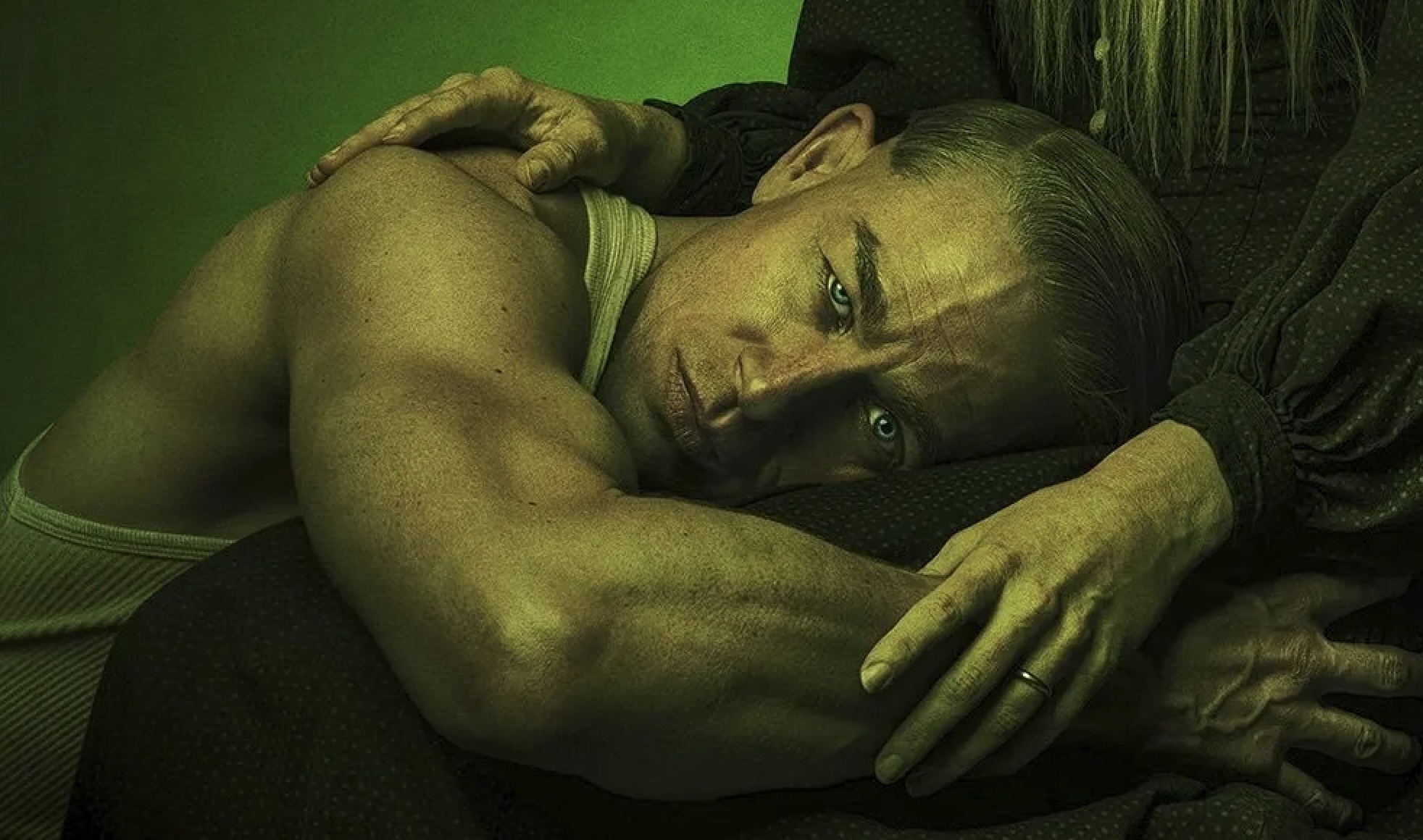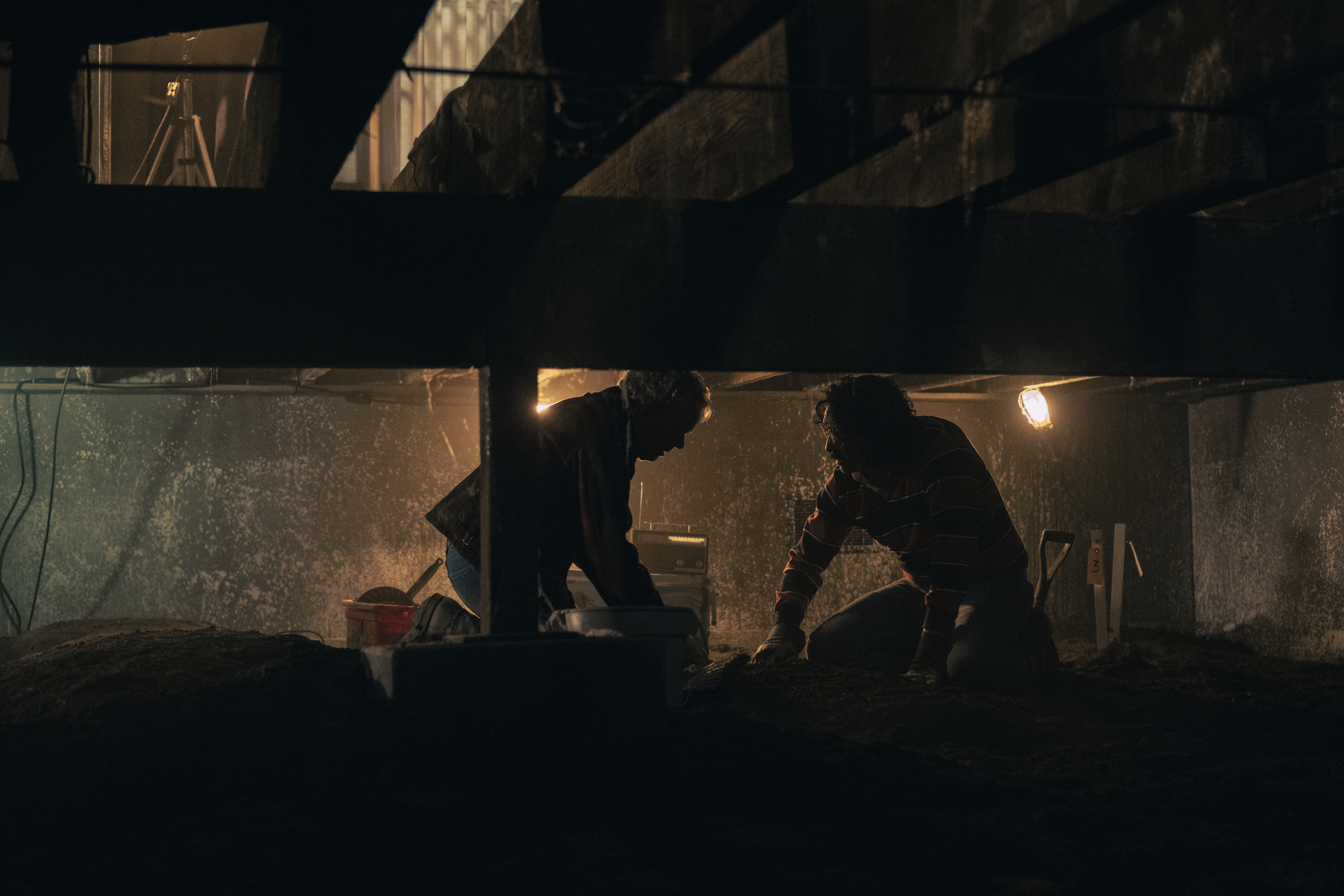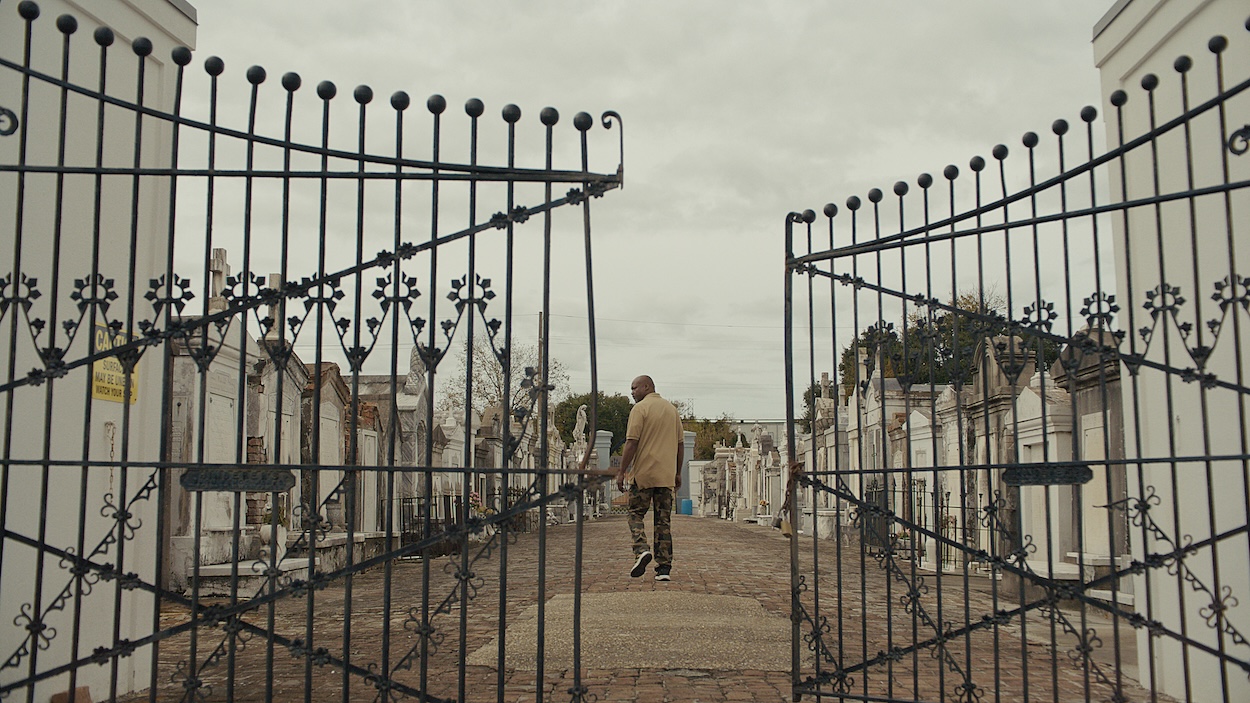You need a good reason to exhume a dead body. Even in capital murder cases, the United States requires both criminal prosecutors and defense counsel to meet a rigorous legal standard when petitioning to disturb a mausoleum or grave.
That same expectation doesn’t apply in Hollywood, where the true crime ecosystem continues to needlessly zombify old cases. This fall, TV audiences seem headed for a particularly macabre display when Netflix’s “Monster: The Ed Gein Story” (October 4) debuts the same month as Peacock’s “Devil in Disguise: John Wayne Gacy” (October 16).
Gein and Gacy — two of the most notorious American serial killers of the 20th century — are remembered for crimes so heinous they already reverberate throughout pop culture. But modern IP laws treat these monolithic boogeymen almost like public property, doing more to protect fictional characters like Mickey Mouse from abuse than the real people who were impacted by these crimes.
A severely disturbed murderer from Wisconsin, Gein had an affinity for mutilation and necrophilia. When his rural house of horrors was discovered by authorities in 1957, future production designers got a laundry list of ideas for grotesque set decorations. Gein’s so-called “hobbies” have been reflected on screen in classic genre films from “The Texas Chain Saw Massacre” to “Silence of the Lambs,” and he’s even referenced in Christian Bale’s best line from “American Psycho.”
“Do you know what Ed Gein said about women?,” quips Bale as Patrick Bateman. The psychotic businessman is setting up a dark joke punctuated by a pretty girl — with her head “on a stick.”

Also known as the original Killer Clown, Gacy didn’t begin his crimes until 15 years after Gein’s reign of terror had ended. A mass murderer, rapist, and honest-to-God birthday party clown, Gacy killed more than 30 young men and boys in the 1970s. He hid their remains in the crawlspace of his house in Illinois and remained active for six years.
Author Stephen King has never explicitly said that Pennywise, the infamous dancing clown of “It,” was inspired by Gacy. But Rob Zombie cited the serial killer as inspiration for the sadistic Captain Spaulding in “House of 1000 Corpses,” “The Devil’s Rejects,” and “3 from Hell.”
In 2014, the controversial horror director faced significant backlash for putting on a haunted attraction in Chicago with themed rooms that paid direct homage to Gacy. Speaking with the Chicago Tribune back then, Zombie dismissed concerns that he had been thoughtless to survivors and victims, who lived nearby, and he stood by his assertion that the Gacy rooms were “funny.” Defending himself in the interview, the director pointed out the annual attraction had faced similar criticism before.
“They didn’t like the Manson one because that was a California issue,” Zombie said. “This is the home of all serial killers — the Midwest. So, they’ll hate everything, I guess.”
Since before the days of mummies in Ancient Egypt, human burial sites have been largely seen as sacred. Messing with resting places is taboo for a few reasons. Many religions forbid the desecration of bodies not only to shelter the sanctity of the departed’s person’s soul, but to also protect churches from becoming epicenters for posthumous theft. Corpses were further stigmatized by the decline of sanitation in medieval Europe, and they’ve been associated with disease ever since.
It seems strange then that Hollywood is so hell-bent on dragging out our worst nightmares time and again — with little regard for their potentially festering consequences.
To be fair, these TV shows aren’t out yet, and Peacock and Netflix could surprise us with something new to say about Gein and Gacy. But the ever-increasing pressure to pull in eyeballs can be a real temptation in an industry already marred by exploitation — especially at a time when true crime is making independent content creators serious money for limited investment on social media.

Before “Monster” decided to tackle the story of Ed Gein, Netflix backed Ryan Murphy on warming over the cannibalistic killings of Jeffrey Dahmer. Later, the “Monster” anthology hit the Beverly Hills double-murder of Jose and Kitty Menendez. Both of those projects were mired in controversy, and the popularity of the latter show directly impacted the brothers’ standings in court. Erik and Lyle Menendez were recently denied parole, and while Murphy won’t have such a problem with the long-deceased Gein, the implications of entertainment steering the justice system are alarming.
Netflix received criticism several years ago when it cast Zac Efron as lethal lady killer Ted Bundy, seemingly glorifying the convicted murderer and rapist. The streamer is stirring up a similar controversy by selecting former “Sons of Anarchy” star Charlie Hunnam to play Ed Gein. (He’s known online as “Hot Ed Gein,” and those are three words I’ll admit I’m troublingly eager to repeat to my therapist.)
Meanwhile, at Peacock, “Severance” actor Michael Chernus has already defended his decision to play Gacy. In July, he told Vanity Fair that the project would not venerate the killer or the violence associated with him, noting, “I honestly didn’t want this to be ‘Dahmer.’”
Still, the extreme nature of Gein and Gacy’s crimes presents a serious challenge to artists proselytizing in uncertain times. The unspeakable drama of these killings is an understandable draw to filmmakers interested in humanity’s worst impulses. But now, they must balance responsible docudrama storytelling and their own possible shortcomings in an industry all too comfortable robbing graves.



